Rian Johnson’s career has consistently shown a commitment to subverting the audience’s expectations. At times he does this through the setting or genre conventions, such as Brick, Looper, The Last Jedi, and Fly. At other times, he does this through the plot itself, such as The Brothers Bloom and Knives Out. While this has given Johnson success in varying degrees up to today, it’s unclear whether he will able to maintain this trend into the future. After all, how can you subvert an audience’s expectation of subversion? Perhaps Johnson’s next film, Knives Out 2, will actually be a relatively straight-forward detective story? I can’t say for sure. However, Johnson has proven himself to be a skilled director and writer, and as such, I’m very excited to see his future work.
For more on Knives Out, read our review here: http://www.cinemablography.org/blog/knives-out-a-revew

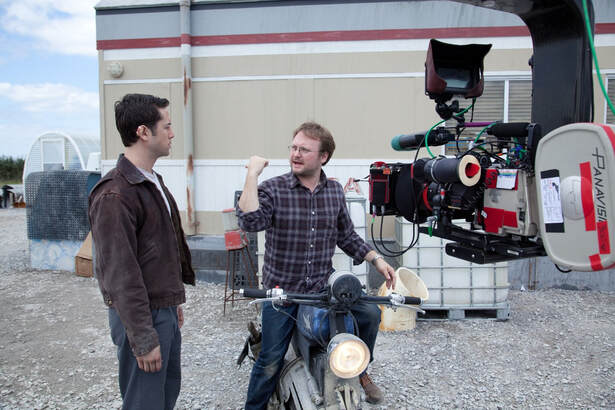
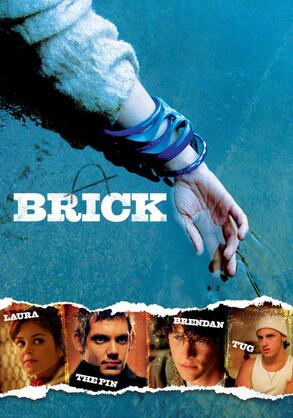
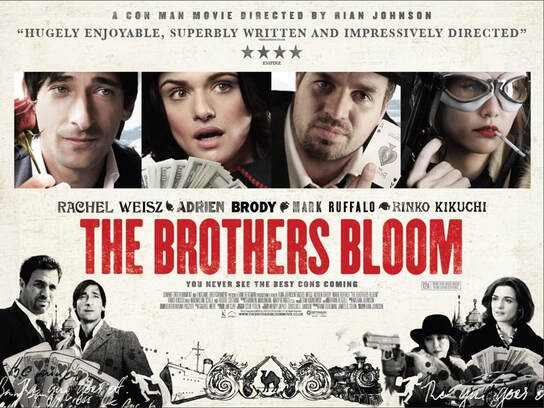
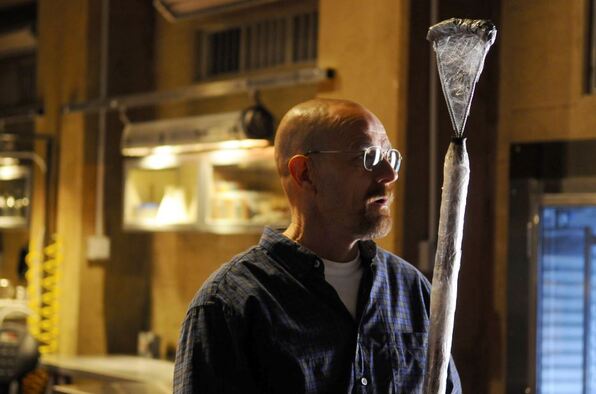
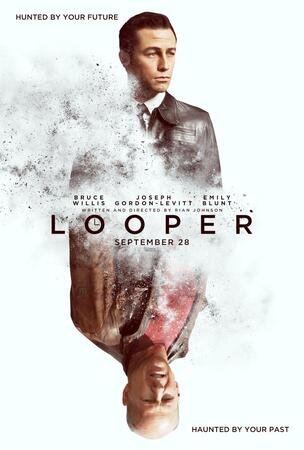

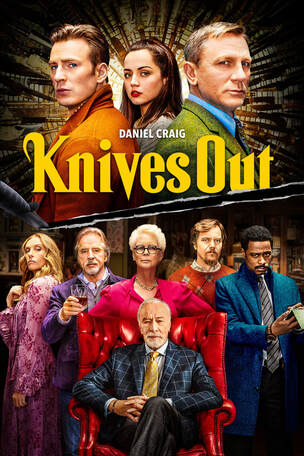
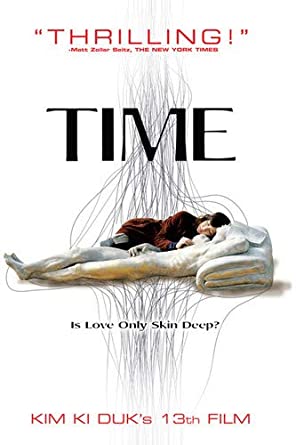
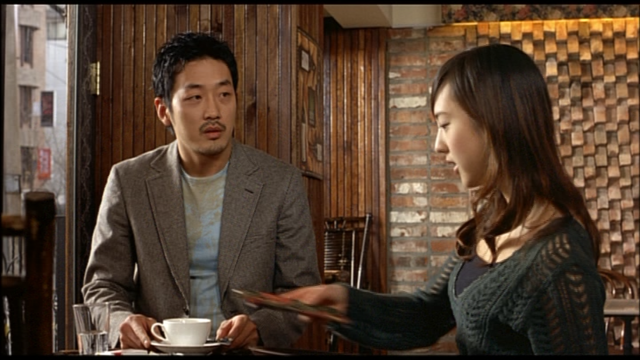


 RSS Feed
RSS Feed
